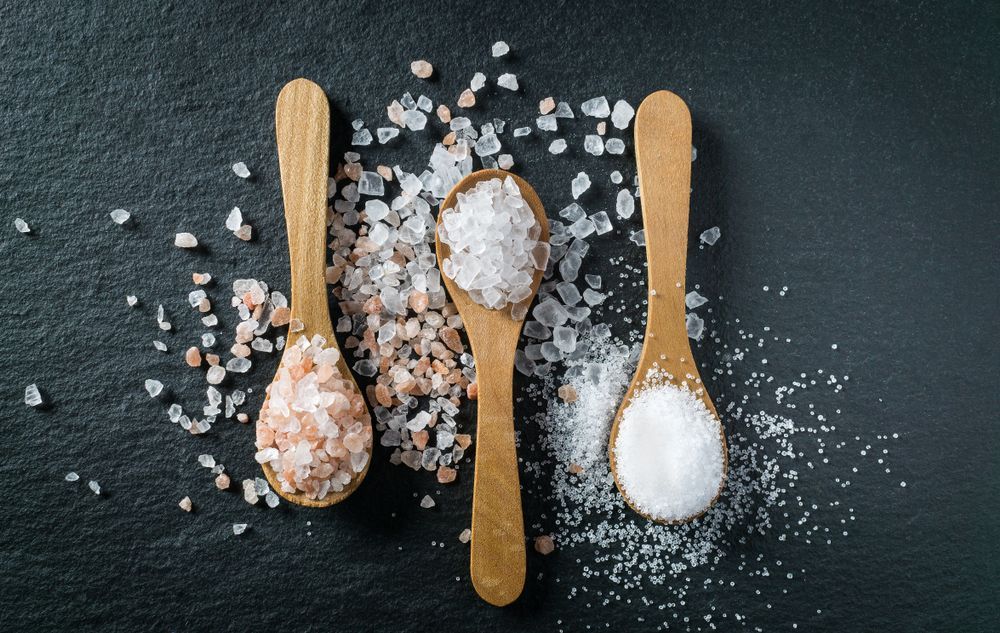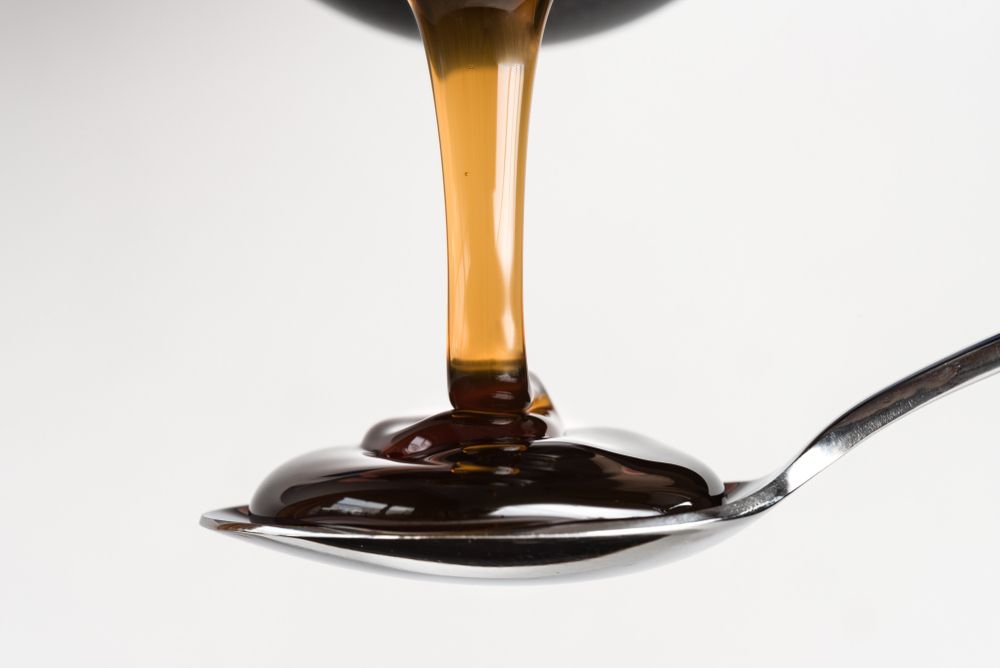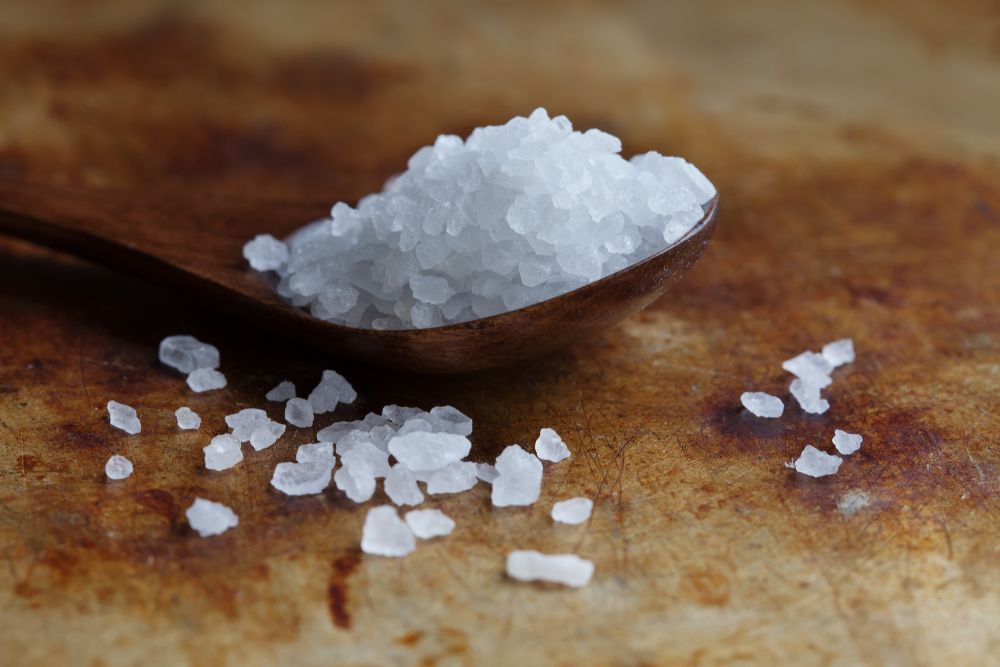Xylitol as a Sugar Substitute: Health Risks and Alternatives
Written by: Indiana Sugars
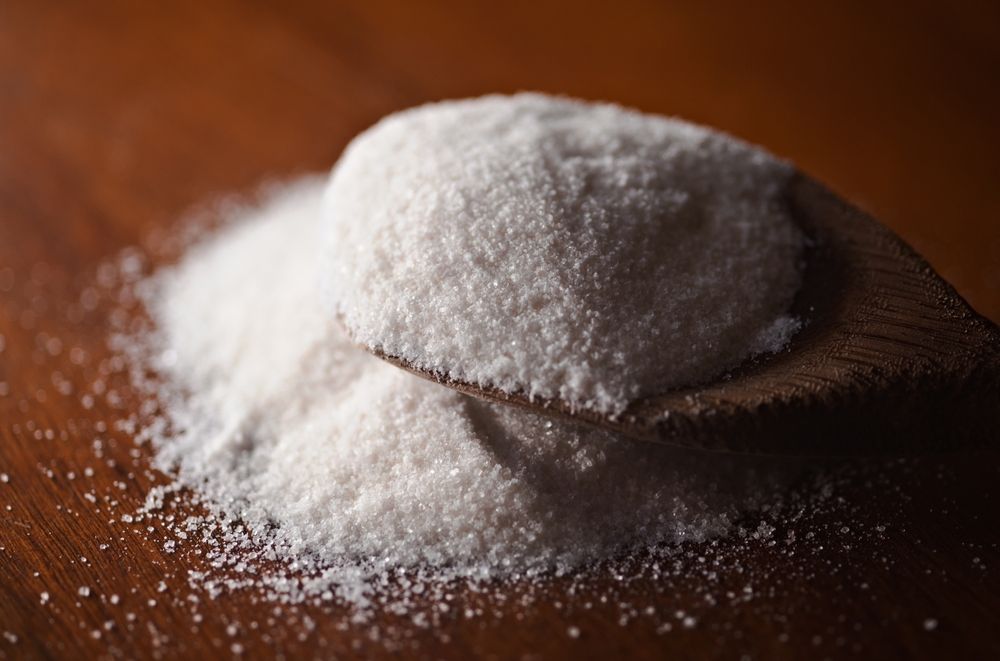
As the leader of a business that has dedicated itself to creating delicious sweet treats for customers, one of the most important things for you to keep in mind is that
not all sugar substitutes are created equally. Especially when you're talking about something like Xylitol, you need to be aware of the potential disadvantages (and health risks) before you make a decision based purely on the advantages you expect to receive
over using traditional sweeteners in your items.
What is Xylitol?
Xylitol is a sugar substitute that occurs naturally in a range of fruits and vegetables but is typically extracted from birch trees. Part of the reason why it's become so popular recently is because it has a taste that is very similar to natural sugar. Despite that, it also has fewer calories.
Different Types of Sugar Substitutes and Where Xylitol Falls
Artificial, Novel, Sugar Alcohols
Xylitol is in a category of sugar substitute called a "sugar alcohol." Contemporaries include but are not limited to sorbitol and erythritol. Sugar alcohols are typically used in products that are intended to be suitable for diabetics - although that doesn't make them immune to criticism.
Novel sweeteners are another category, which can include items you may have heard of, like stevia. Finally, you have artificial sweeteners. The top two examples of those are undoubtedly aspartame and sucralose, although there are others.
How is Xylitol Used?
Typically, Xylitol is used in a lot of products that are designated as "sugar-free." These can include but are not limited to things like chewing gum, mints, and even toothpaste. Indeed, this ties into one of the major benefits of Xylitol in general - it actually has properties that can help mitigate the growth of cavity-causing bacteria. Because of that, you find it a lot in oral care products.
Can You Substitute Xylitol for Sugar in Baking?
Of course, that doesn't mean that Xylitol isn't also used as a substitute for sugar in baking. It's just that a few adjustments may be necessary. Xylitol doesn't bake quite the same way that regular sugar does in that it doesn't caramelize. Because of that, the finished products might not have the same texture or even the same color that they would if you were using traditional sugar.
Is Xylitol a Healthy Sugar Substitute?
Xylitol is a healthy sugar substitute - from a certain perspective. Much of this has to do with the oral health benefits outlined above.
Having said that, Xylitol is still a sweetener, and it still has calories, even if they are fewer than that of traditional sugar. Too much of anything without proper moderation is always a risk, and Xylitol is certainly no exception to that simple fact of life.
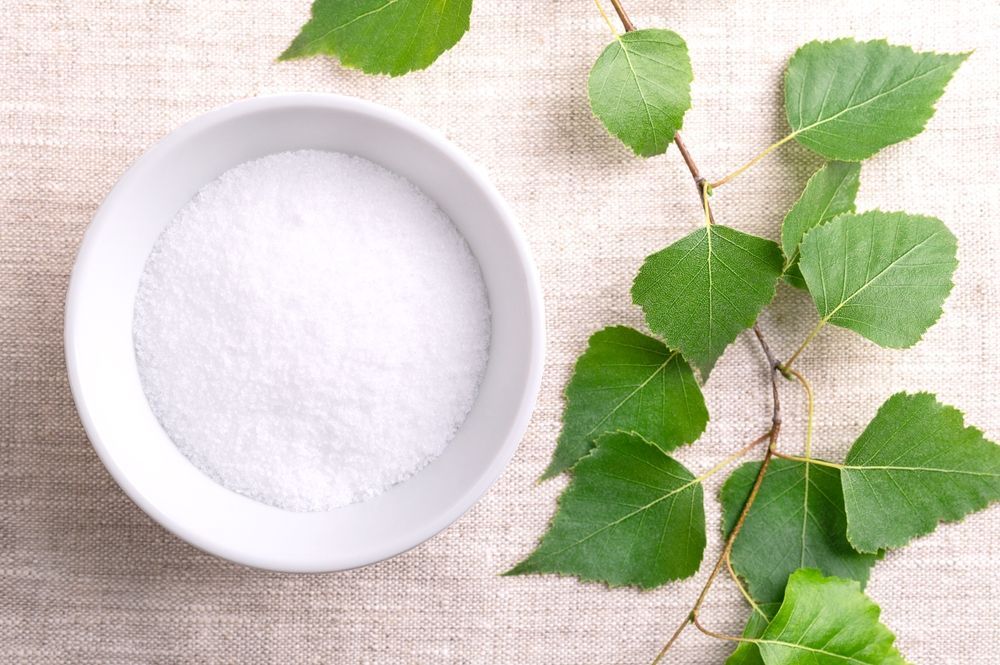
The Dangers of Xylitol as a Sugar Substitute
Has a Mild Laxative Effect (gas and diarrhea)
One of the many dangers of Xylitol is that it has a mild laxative effect - meaning that it can cause gas and diarrhea if you're not careful. Bloating is also common, particularly for those who might not be used to having sugar alcohol as a part of their diet. Everyone's tolerance will be different to that end, so you need to be careful when using it as a sugar substitute - particularly in baking - until you see exactly where you fall.
Suggested Association with Increased Risk of Heart and Stroke
It has also been suggested by a few recent studies that Xylitol could have an association with a long-term increased risk of heart disease and even a stroke. This comes down to the cardiovascular effects of Xylitol.
At the same time, it's important to note that more research is absolutely needed. Still, it's something you want to consider and closely monitor moving forward - especially if you're going to keep using Xylitol in products that are meant for public consumption.
Highly Toxic for Dogs
Finally, Xylitol is highly toxic to dogs - even in small amounts. If a dog unfortunately ingests Xylitol, it could experience low blood sugar, liver failure, seizures, or worse. Because of that, you'll want to be incredibly careful when using Xylitol as a sugar substitute around dogs, and you'll want to make a note of this on any packaging for products meant for public consumption.
Consider These Natural Substitutes for Xylitol Sugar
Fruit Granulated
These are a type of natural substitute for Xylitol sugar that comes from fruits and can add a natural sweetness to whatever it is that you're preparing. Because they come from fruit, they also have a lot of additional nutrients as well, in addition to fiber.
Maple Sugar
This comes from maple sap, and it is often used in situations where its unique flavor is required.
Organic Sugar
Organic sugar is sourced from cane. It goes through mineral processing, which helps it retain a richer flavor than a lot of the other natural substitutes you may be used to corking with.
Turbinado
You may have heard Turbinado referred to by a few different names, with raw sugar being chief among them. Here, you're talking about something that is partially processed and that has a caramel-like flavor.
Indiana Sugars is Your Source for Bulk Sweeteners
At Indiana Sugars, we understand how important bulk sweeteners like Xylitol are to your ongoing success as a business. We want to make sure that you always have the ingredients you need on hand so that you can worry less about procurement and spend more time doing what you do best: getting creative in the kitchen.
Know that everything that we send to you has been thoroughly tested in our own labs, and only the highest products will be shipped out. If you live within a few hundred miles of our location, you can expect your order in just one business day.
If you'd like to find out more information about the use of Xylitol as a sugar substitute, or if you have any additional questions about the health risks and alternatives that you'd like to discuss with someone in a bit more detail, please don't hesitate to contact us today.

